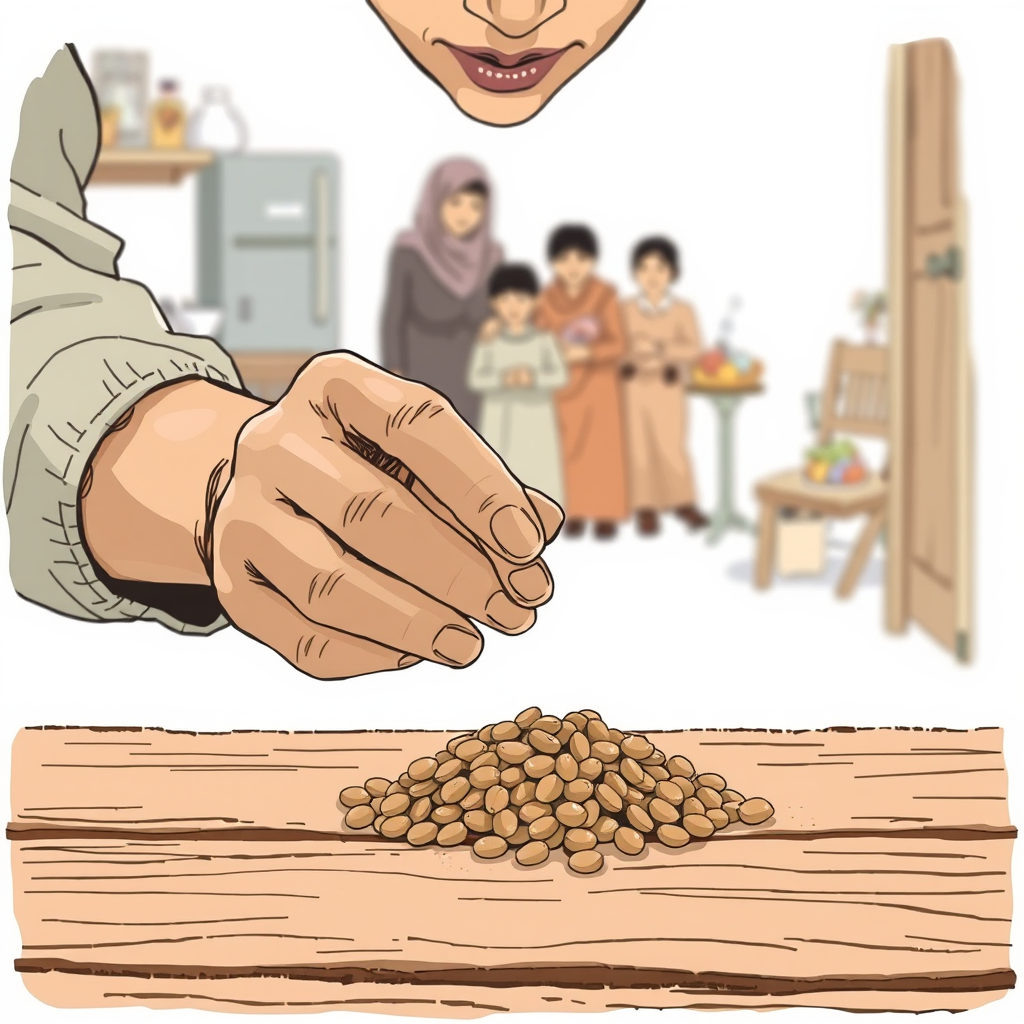Gaza’s Food Crisis: People Now Counting Lentils

Gaza is facing a rapidly escalating food crisis, with nearly half a million Palestinians now on the brink of starvation, according to a recent report by the IPC, a leading international panel advising the United Nations on famine. The crisis stems from over ten weeks of restricted humanitarian aid entering Gaza, a consequence of Israel’s efforts to pressure Hamas into releasing Israeli hostages. Israel alleges that Hamas diverts incoming aid, selling it for profit and utilizing distribution as a means of control within Gaza.
The United Nations reports hundreds of trucks carrying essential supplies are currently stalled at the border, unable to reach those in need. Inside Gaza, the situation is dire. The UN World Food Programme (WFP) has depleted its stock of basic food items, forcing the closure of its kitchens and bakeries. Desperate residents are resorting to extreme measures, grinding pasta and lentils into flour simply to bake bread. Antoine Renard of the WFP, who recently visited Gaza, reports wheat flour is now selling for an astonishing $10 per pound.
This isn’t simply a logistical problem; it’s a humanitarian catastrophe unfolding in real-time. While the stated aim of restricting aid is to secure the release of hostages – a legitimate goal – the collective punishment of an entire population through starvation is unacceptable and counterproductive. The accusations against Hamas regarding aid diversion, if true, must be thoroughly investigated and addressed with targeted measures, but these cannot justify a blanket denial of essential supplies. The international community must exert greater pressure on all parties to prioritize the immediate and unfettered delivery of humanitarian aid to prevent widespread famine and alleviate the suffering of innocent civilians. The current situation demands not just negotiation, but a fundamental shift towards prioritizing human life above political objectives.